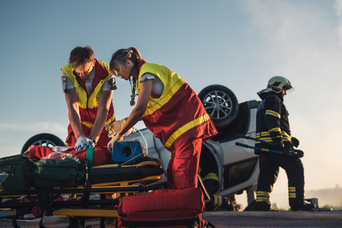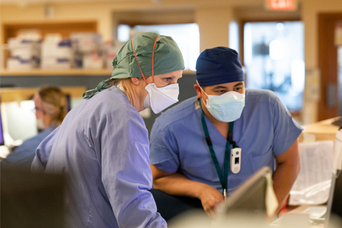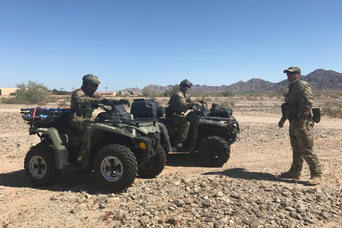
Improving traumatic injury outcomes for rural MN and future military combatants

Trauma is the #1 cause of death for people under the age of 46. When a traumatic injury occurs, what happens at the scene of the accident is directly correlated to the patient’s survival.
Examples of these traumatic accidents are:
- Motor vehicle crashes
- Traumatic occupational injuries
- Drowning
- Unintentional firearm injuries
These trends also extend to the military. Future conflicts are predicted to occur in rural locations without robust medical infrastructure or evacuation capabilities. There are currently not enough surgical or critical care resources to support global operations for small, diverse teams and missions.
- This center focuses on improving prolonged field care that combat medics can use to evaluate and care for injured service members
How will the center add value for collaborators?
- Facilitate multidisciplinary, cross-organizational collaboration
- Centralized administrative and grant support
- Identification and targeted award opportunities
- Preclinical small and large animal study support
- Support of clinical trial design, coordination, and conduct
- Coordinated development and implementation of knowledge products
The following metrics will help us track our improvement efforts in this critical area:
- Impact on patient outcomes & care team (first responders and emergency room staff and MDs)
- Publications
- External grant applications & funded
- Education & development impact
- Reach to broader UMN & Minnesota



What is the center doing to help?
The Translational Center for Resuscitative Trauma Care was created to help improve these statistics for rural patients and those in military combat. The goal of this center is to improve care for Minnesota trauma patients and future military combatants by conducting translational research for the following points of care: